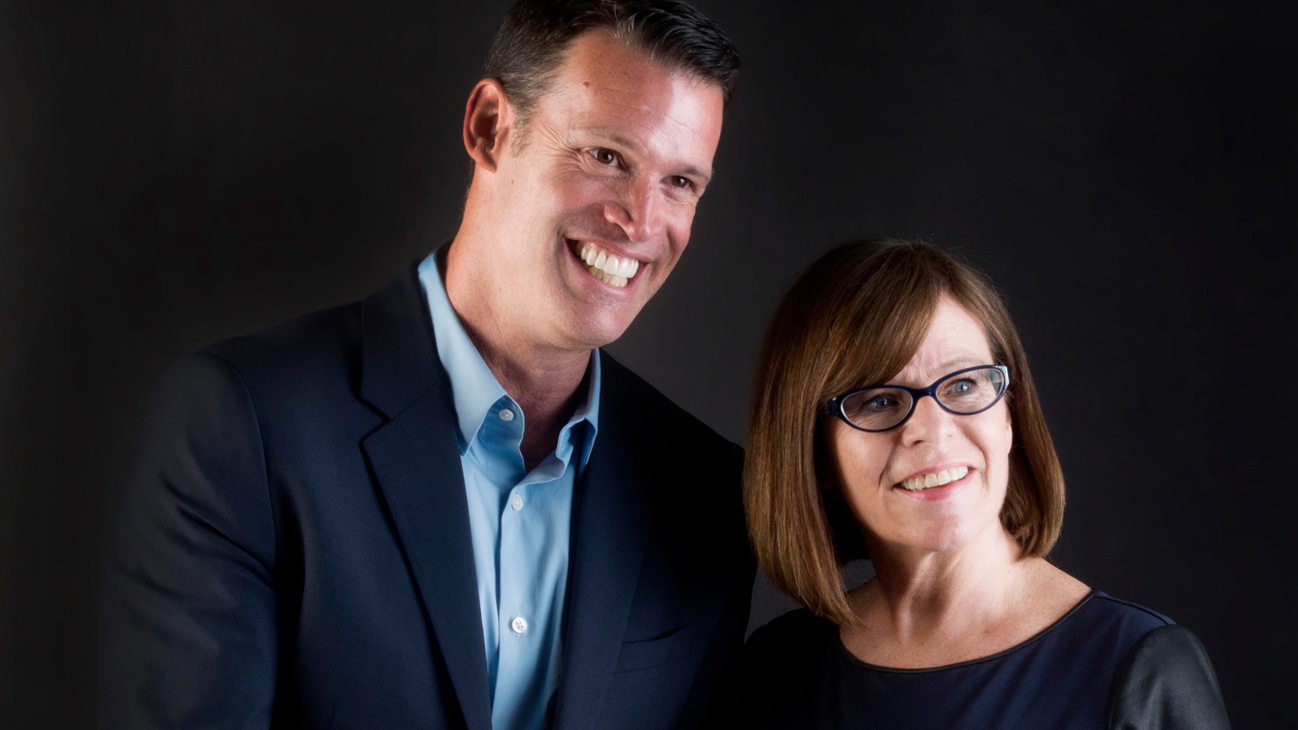Founded by Olympic champion Mark Tewksbury and Olympic coach Debbie Muir, Great Traits is a program that teaches people to be victors in their own right. Using stories, activities, heart, and humour, Tewksbury and Muir connect individuals, teams, and organizations to the fundamental principles that drive achievement, leadership, and lasting legacies. Below, Debbie writes on how asking the right questions was fundamental to Canada’s “Own the Podium” Olympic program and its goals:
Are you asking yourself the right questions to ensure that you have a competitive edge in business? We all know how powerful questions are. They help us gather information, problem solve, and make good decisions. Questions force us to think of things we hadn’t before, and help us consider different ways of doing something.
Questions make us better.
Like many Canadians, I was glued to the Rio Olympic Games and Paralympics and energized by the performance of the Canadian Team. Watching our athletes breakthrough ahead of the competition seems like the new normal for Canadian sport. But it wasn’t always this way. I remember a time when asking one simple question caused the entire Canadian sport community to draw a blank. In doing so, the groundwork was laid for a major shift in thinking. Let me explain.
The program now known as Own the Podium began after the 2004 Athens Olympics. I was part of an expert panel that was tasked by the Canadian Olympic Committee to review high performance sport in Canada and evaluate every Olympic sport’s programs and results. Following each review, we assessed whether or not the sport had what was needed to improve their world rankings. And, if they were already amongst the best, we determined how prepared and capable they were of sustaining that success.
To do our job, we not only had to understand the global reality and the conditions that each sport required to be an Olympic medalist, but also to determine if the sport clearly knew what they had to do to prepare their athletes to be world class performers.
The most important tool we had was the questionnaire.
For me, the most powerful question we asked was:
“Is there anything you are currently doing, or plan to do, that you believe will give your athletes an edge over their international competitors?”
This question turned out to be one of the toughest to answer. In fact, the responses were so weak we contemplated taking it right out of the questionnaire. Why was it so hard to answer? Because at that time, this question focused on a way of thinking that was very different for the sports.
Until then, the focus of OTP’s questioning had been around identifying the gaps and how they could be closed. This line of questioning revealed information but not in a very motivating way. Instead of solutions that would give the sports an advantage and move ahead of the competition, they were looking at how to play catch-up to close that gap. The question was partly to blame.
By asking a similar question but changing the focus to competitive advantage, something interesting happened. The sports started thinking in a different way.
Over the next few years, they actually thought about how they could get a competitive edge against other countries. They thought more about possibility, innovation and maximizing what they had. And the results started to follow.
In the 2004 to 2008 quadrennial, the number of our sports and athletes performing at higher levels internationally increased significantly. Asking powerful and often unexpected questions helped influence the performance of Canadian athletes in a positive way.
So now it’s up to you. What kind of questions can you start asking yourself to start thinking in a different way? It doesn’t necessarily have to be a tough question, but something unexpected may help you come up surprising new answers. And if you need one to get started:
What are YOU planning to do that will give your business an edge on the competition?
Debbie Muir, Great Traits/September, 2016

